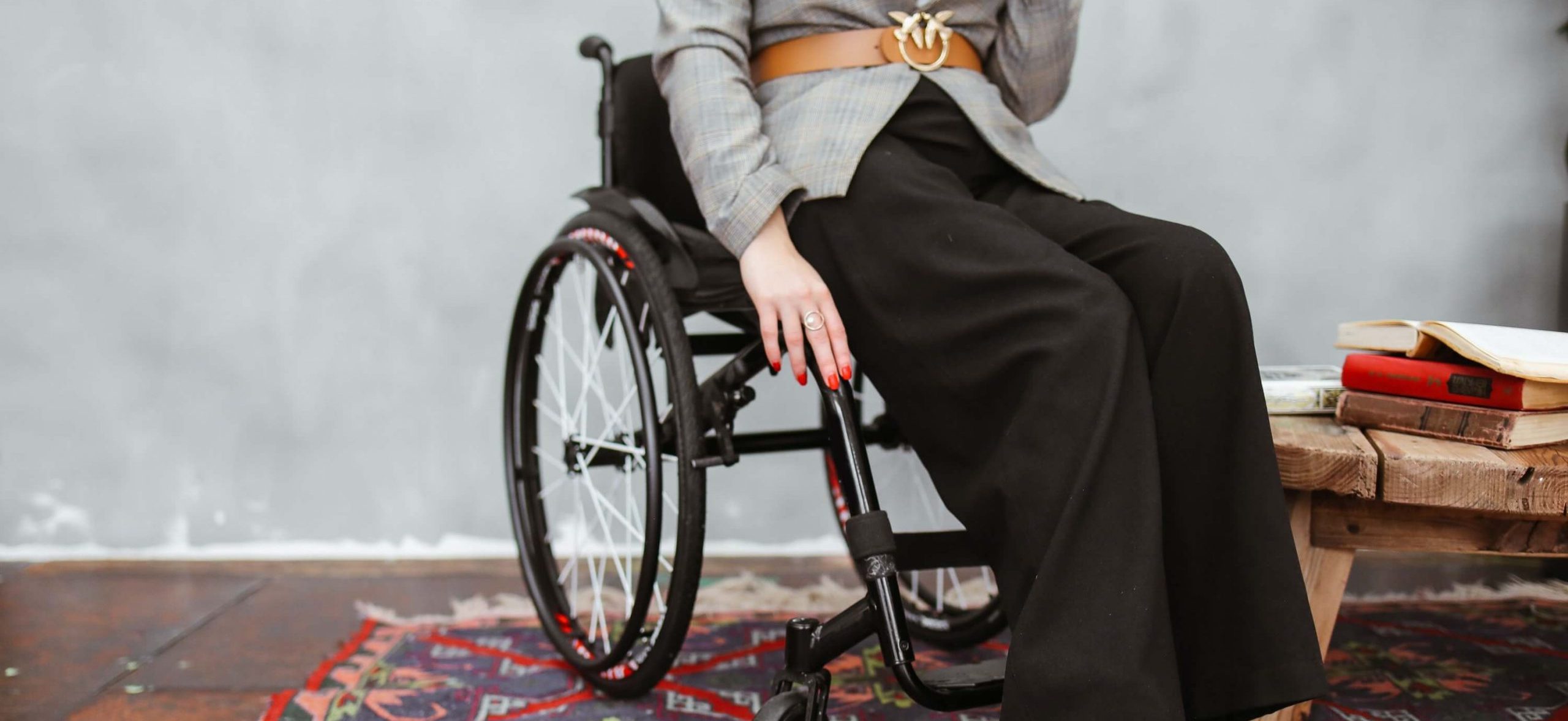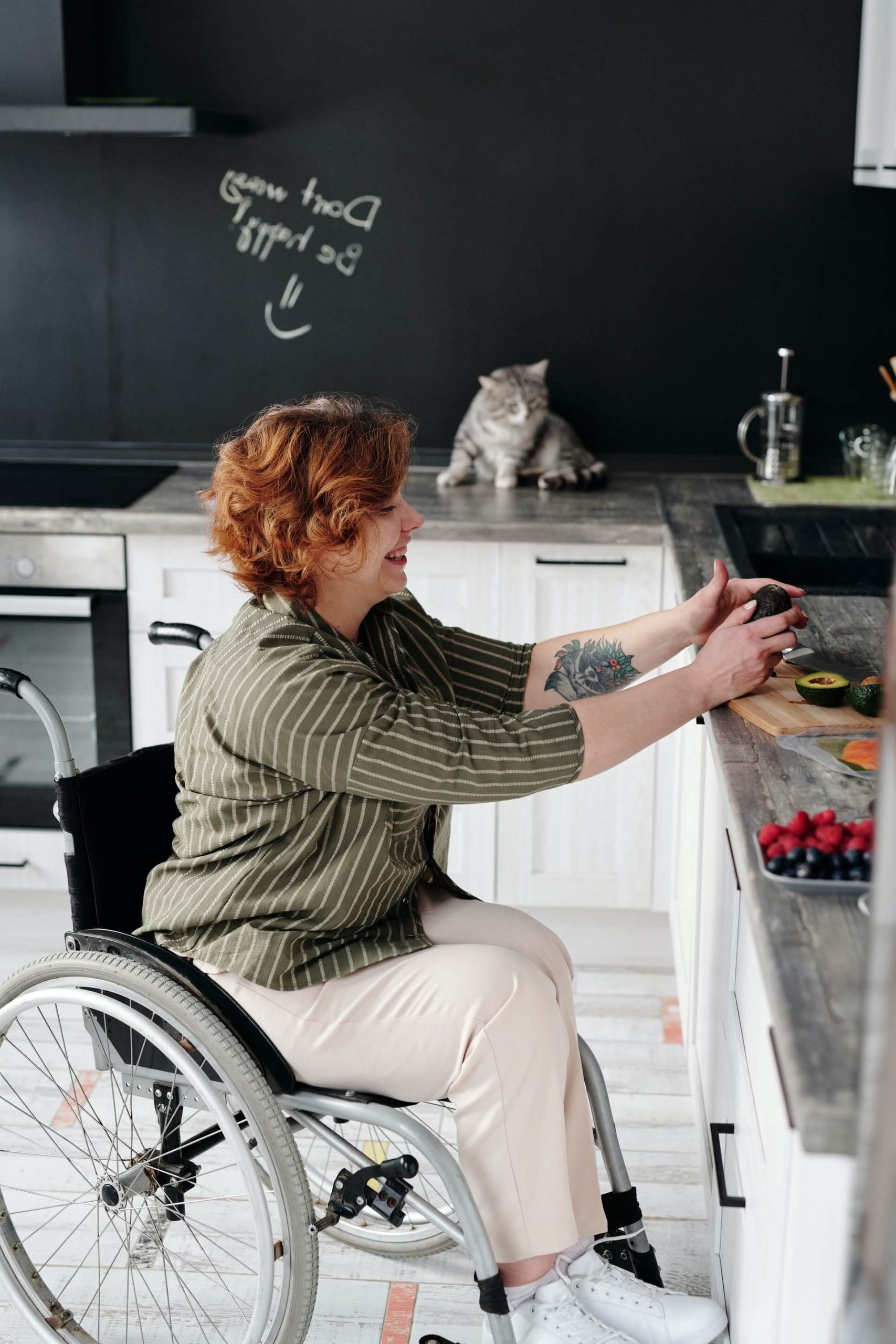
What is the Universal Credit Work Capability Assessment? How is it calculated? Will it affect my Universal Credit? If you make a claim for Universal Credit, you could have to do this. Your Benefits will tell you everything that you need to know about the Work Capability Assessment.
What is the Universal Credit Work Capability Assessment?
You may want to receive Universal Credit. Then, once you made a claim for Universal Credit, you will have to indicate if your ability to work is impacted by a disability or illness. Then, if yes, you will need to indicate more precisely how it affects you. Indeed, you will have to hive medical evidence and complete a form.
After this, you may be informed that you need to complete a Work Capability Assessment. Through this, the extent to which your ability to work is impacted will be looked at. Indeed, this may be done over video, in person or by phone.
Universal Credit Work Capability Assessment: how will I need to proceed?
There are a couple of ways that you can do your Universal Credit Work Capability Assessment. If it is done face-to-face, you will have to do it in accordance with Covid-19 guidelines. Furthermore, an adult who lives in the same home as you may come as well.
Additionally, you could do the meeting over video or the phone. Then, someone can be with you as well. This can be someone who works with you, or a friend of yours. If they are not physically with you, they can be added to the call. Simply les the assessor know.
Note that you will still receive payments while a decision is being taken for your Work Capability Assessment. Indeed, it is as follows if depending on your situation:
- The same amount that you previously received for Universal Credit (this is if you reported a change in your circumstance);
- The standard allowance (this is if you made a new claim).
The standard allowance is the basic rate of Universal Credit. Depending on your situation, you could receive the following:
| Universal Credit standard allowance rates in 2022 | |
|---|---|
| Your personal circumstance | Standard allowance rate (per month) |
| You have a partner, and at least one of you is 25 years or older | £509.91 (for the couple) |
| You have a partner, and you are both younger than 25 years old | £403.93 (for the couple) |
| You are younger than 25 years old and single | £257.33 |
| You are 25 years or older and single | £324.84 |
How will my Work Capability Assessment affect my Universal Credit claim?

Your Work Capability Assessment could change the outcome of your claim. Indeed, it could come to different conclusions about your ability to work. First, it could find that you are able to work.
However, it could also find that you have limited capability for work. In fact, this means that you are not currently able to work, but could get ready to work later on. This can include many things, like making sure that your CV is ready and updated.
Finally, you could be found to have limited capability for work and work related activity. Then, you are not expected to work either now or anytime in the future.
If you are able and fit for work, then you will need to look for work. However, the work will need to fit whatever health condition you have. Furthermore, you will need to take the steps necessary to be ready for and look for work.
If you have limited capability for work, you will talk about what you can do with your work coach. Indeed, you will agree on how to get ready for work, and the steps that you are able to take now.
You may have limited capability for work and work related activity. This means that a condition prevents you from working. Then, you will not be able to take steps to look for work, or to be ready to start working. Additionally, you will be entitled to a certain additional amount of Universal Credit.
Will I need to do anything to keep getting Universal Credit?
If you are found to have limited capability for work and work related activity, then you will not need to prepare or look for work. However, if you are or could be able to work, you will need to adhere to a ‘Claimant Commitment’.
You will agree to a ‘Claimant Commitment‘ with your work coach. Indeed, it will outline what you need to do in order to look for work. If you do not do what is asked of you in your Claimant Commitment, your Universal Credit payments could be reduced, or even stop.
Universal Credit Work Capability Assessment points: how do they work?

The Universal Credit Work Capability Assessment works on a points system. Indeed, there are a list of activities that are listed, for which you can get points. Indeed, if you can do an activity, you get a point. At 15 points, you are found to at least have limited capability for work.
There are physical and mental activities. Physical activities include the following:
- Being fully conscious and aware when awake;
- Being in control of your bladder and/or bowels;
- Understanding communication from others;
- Being able to move around and take care of your own safety;
- The ability to communicate what you want said to others;
- Your physical ability to use your hands;
- Using your upper body, or reaching to grab something;
- Sitting and standing up by yourself.
These are some of the physical activities in the Work Capability Assessment. For each one of these that you can do, you will get a point. However, there are also mental activities. They include the following:
- Having appropriate behavior when being around others;
- Being able to engage with and maintain social interactions;
- Travelling around;
- Being able to withstand change;
- Awareness of unexpected hazards in everyday life;
- Learning new skills or activities or tasks.
These also award you a point if you are able to do them. If you get 15 points, you will be considered to have limited capability for work. Note that you can also have LCFW if you have less than 15 points. If you qualify, you are likely also eligible for Employment and Support Allowance (ESA).
What if I am found to have limited capability for work?
If you are found to have limited capability for work, the next step is to find if you can be assessed as having limited capability for work related activity (lcwra). Indeed, this would mean that you do not have to look for or prepare for work. The activities for this assessment are as follows:
- Swallowing and chewing drinks and foods;
- Bringing food or drinks to your mouth;
- Having appropriate behavior with others;
- Being able to handle social interactions;
- Being able to handle change;
- Starting and completing personal actions;
- Being aware of hazards in your environment;
- Being able to learn specific tasks;
- Understanding information communicated by others;
- Getting what you want to say across, either vocally, by typing or talking;
- Being able to control your bowels or bladder;
- Being able to use your hand to take care of tasks;
- Use your arms and upper body to pick up, move and carry items;
- Use of your back, arms, and/or legs to reach;
- Sitting up and standing unaided;
- Moving around on your own.
You will be found to have limited capability for work and work-related activity if one of these applies to you most of the time. However, it can also be most of the time when you do try to do the activity. Furthermore, it must be judged as ‘unreasonable’ to have you do the activity.
Note that none of the activities above may apply to you. However, you could still be found have limited capability for work and work-related activity. Indeed, this is if you not being assessed as such could put your or other people health in jeopardy.
Could I get other benefits?
If you are looking at the Universal Credit Work Capability Assessment, chances are that there are other benefits that you could receive. Indeed, this could be things like the Personal Independence Payment (PIP) or Attendance Allowance (AA). This is likely the case if you have a disability.
It could also be the case that you receive the Severe Disability Premium. In this case, you could instead receive Universal Credit, and even get extra money for doing so (known as ‘transitional protection’). You can find out more on how to claim Universal Credit.
In April 2017, some modalities for benefits changed, which applies to Universal Credit. In fact, this benefit started to replace other benefits. You can contact the Department for Work and Pensions if you have questions.



I have just been advised that although my partner gets the extra payment for work capability £357 month as he has a disability. I have now also been assessed as I have a disability and been told that I will not be given the same payment as this is only given once to couples. Is this right?
Hello,
If both of you are disabled, you should be able to receive more.
Hope this helps,
Robin